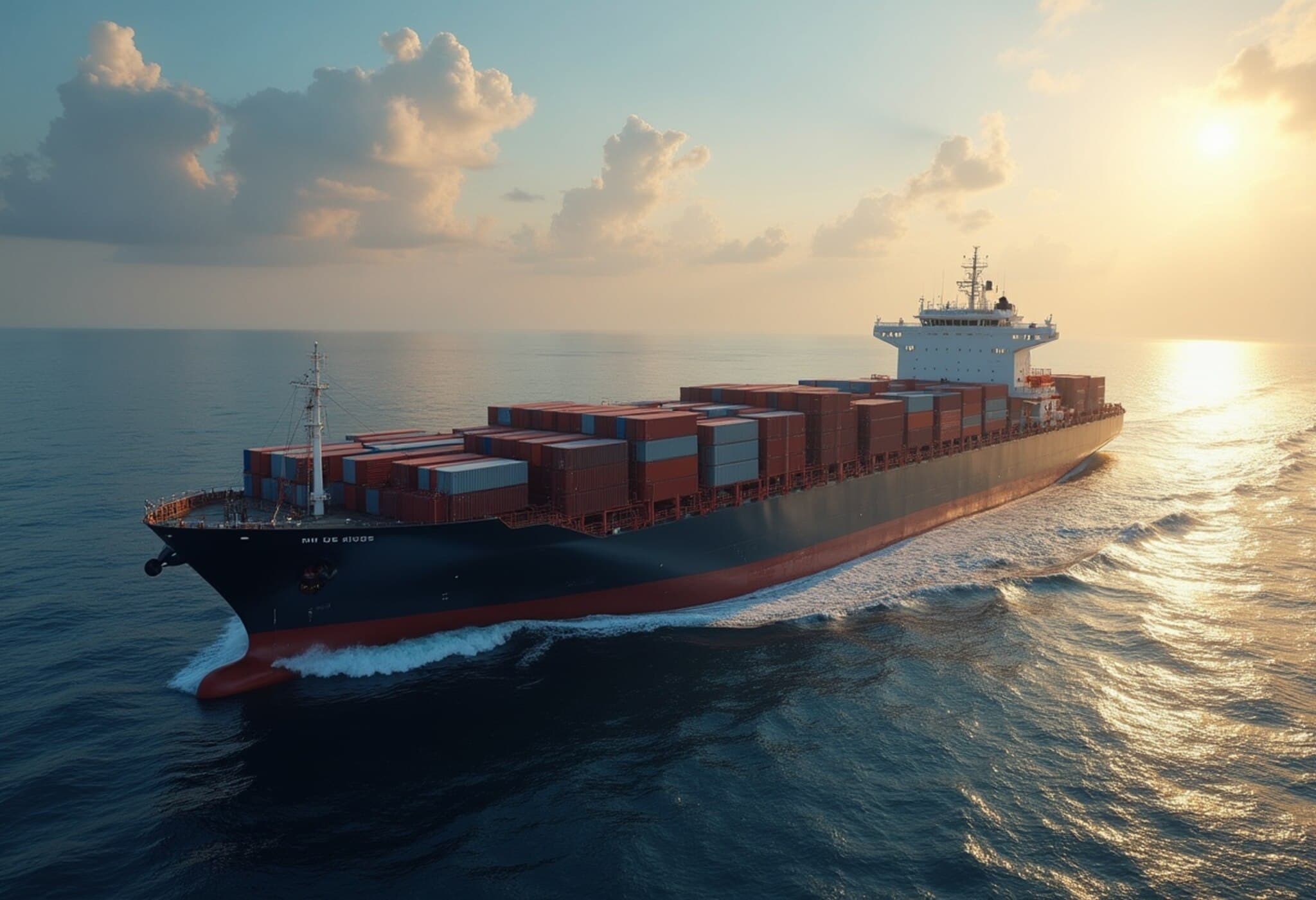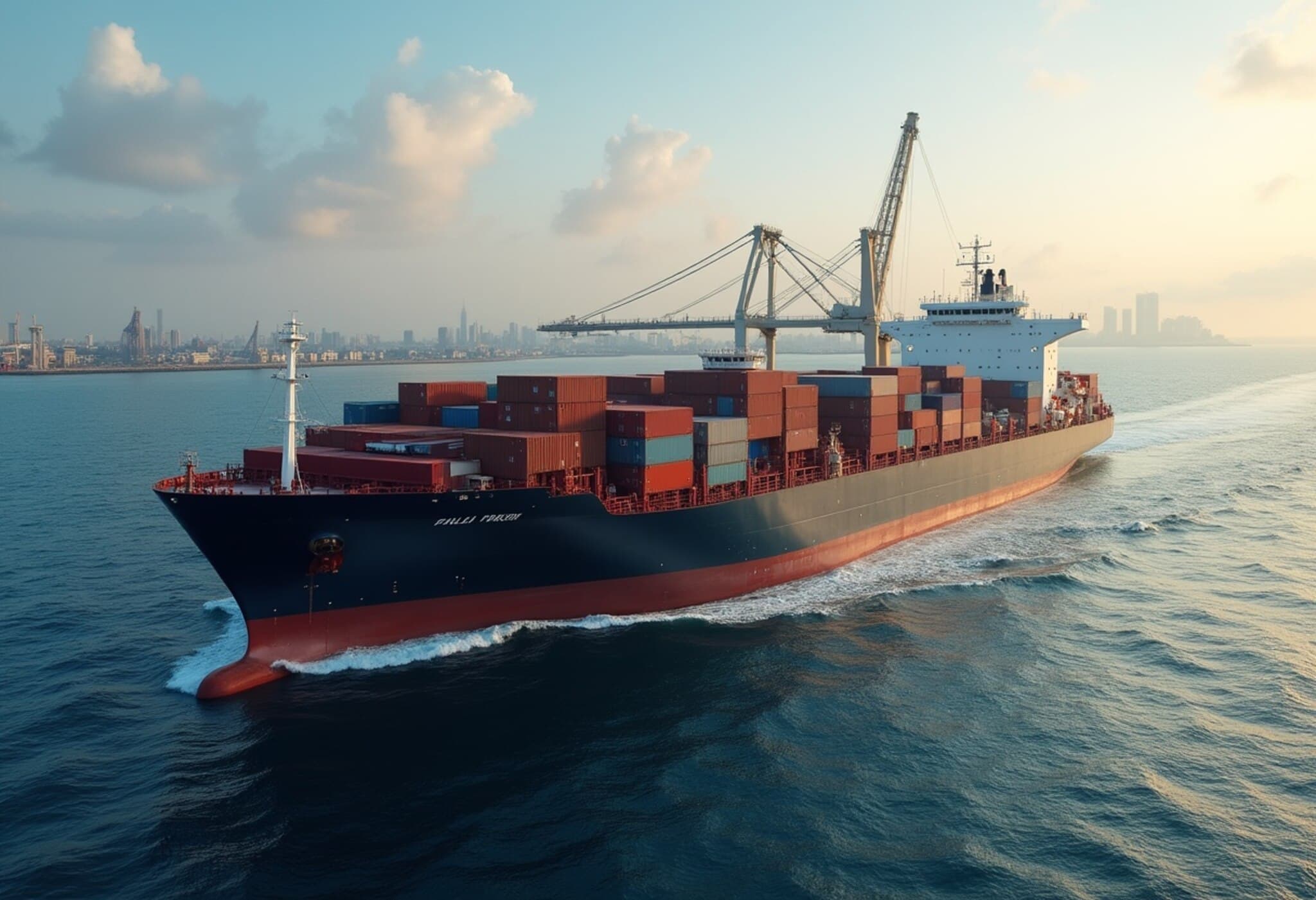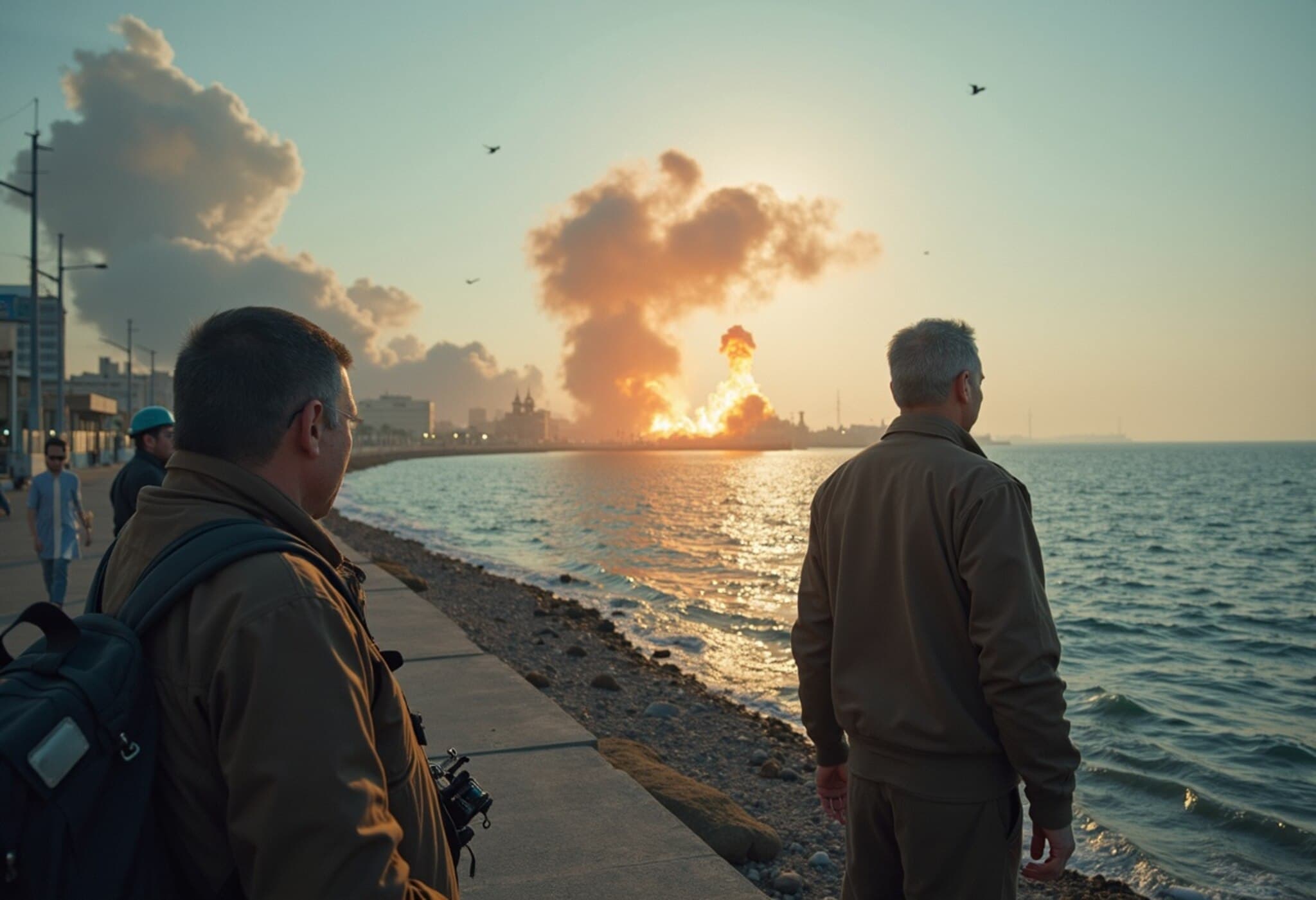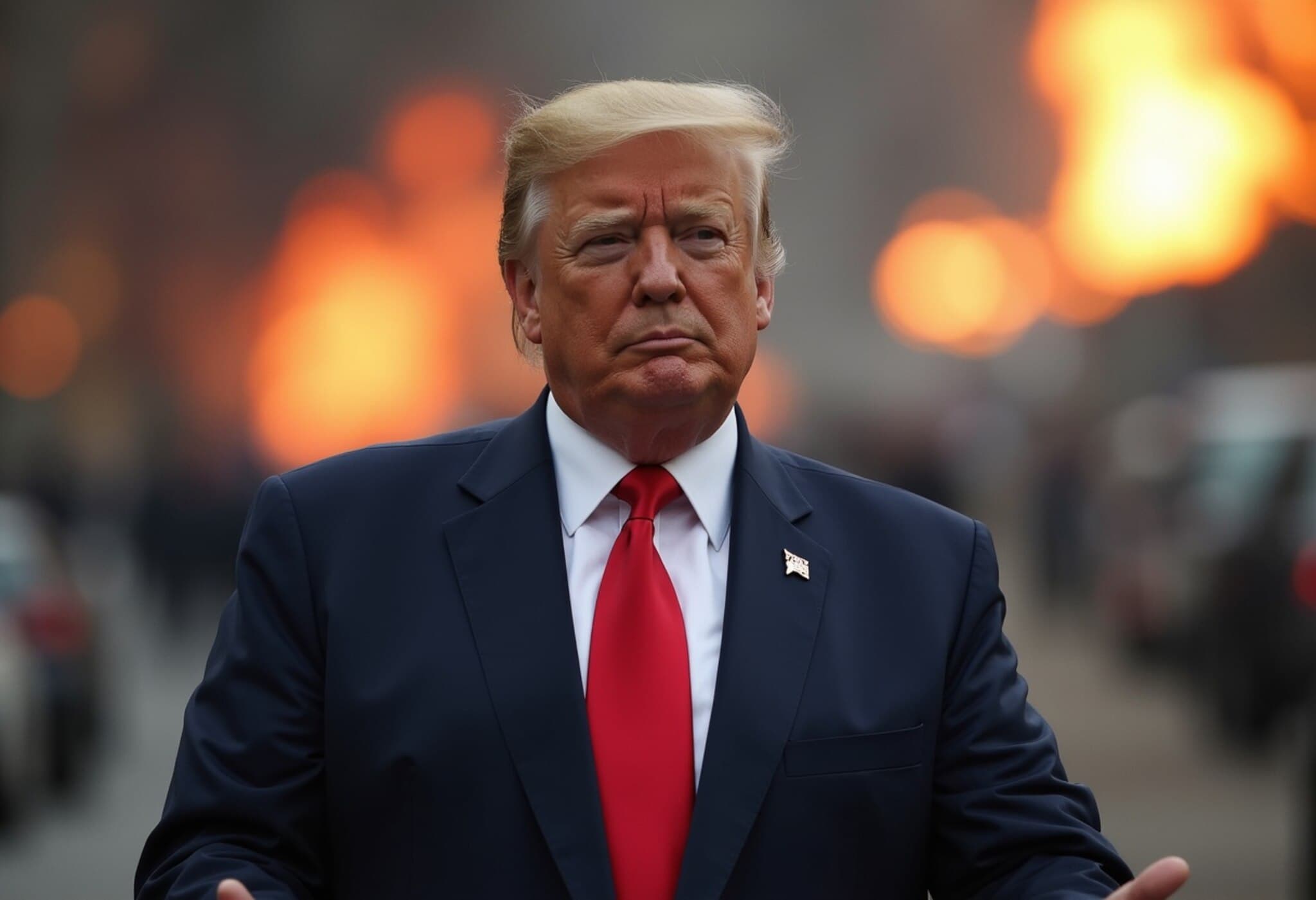Insurance Withdrawals Shake Middle East Maritime Coverage
Due to escalating geopolitical tensions in the Middle East, numerous maritime insurance underwriters are steering clear of offering coverage for vessels connected to the U.S., Israel, or the U.K.. This hesitation has disrupted the shipping insurance market, leaving affected shipowners in a bind.
Underwriters Refuse Coverage "At Any Price"
David Osler, an insurance market expert, confirms that many underwriting firms simply will not insure vessels with perceived links to these countries, regardless of the premium offered. This hardline stance stems from the increasing risks tied to military conflicts and geopolitical instability in crucial shipping corridors.
Rising War Risk Premiums Escalate Costs
Current marine war risk insurance rates have nearly doubled in a matter of weeks. According to industry brokers, premiums now range from 0.25% to 0.45% of a ship's value, climbing from about 0.125% previously. In the wake of recent strikes on Iranian nuclear sites, these rates have surged to as high as 0.5% or more for vessels associated with the U.S.
To put this in perspective, container ships and oil tankers can be worth tens to hundreds of millions of dollars, meaning insurance costs can escalate into millions, sharply affecting shipping operators’ bottom lines.
Faster Notification Requirements Increase Pressure
Reflecting the heightened uncertainty, insurers have shortened the notification period for Middle East voyages from 48 to 24 hours, a rare move indicating the volatility of the current situation. This change compels shipowners and operators to make faster decisions amid rapidly evolving risks.
Market Dynamics and the Influence of Global Politics
Role of Chinese Crude Imports and U.S. Sanctions
The appetite of major buyers like China significantly impacts insurance risk assessments. Recent signals that China may continue purchasing Iranian oil have eased some pressure, while any drop in imports could amplify war risk premiums due to decreased shipping demand.
Political Developments Keep Market on Edge
Although tentative ceasefire agreements have introduced some hope, the insurance market remains cautious. Ongoing political rhetoric and military activities, including comments from U.S. leadership expressing dissatisfaction with current conditions, inject uncertainty into the equation.
Consequently, inquiries for coverage have dropped, with several shipowners reluctant to accept bookings to the region until tensions stabilize.
Potential Impact of Strait of Hormuz Disruptions
The strategic Strait of Hormuz is a critical chokepoint for global oil shipments. Any closure by Iran would carry severe political and economic consequences, affecting not only Iran’s key customers like China and India but also neighboring Middle Eastern nations.
Industry Responses and Risk Zones
Recently, underwriters convened to review designated war risk areas. While these lists remain unchanged, shipowners must notify insurers of any transit through conflict-prone zones such as the Gulf and the wider Indian Ocean area.
Security advisory firms highlight the persistent threat of renewed conflict, including possible U.S. involvement, though the likelihood is considered reduced at present.
Comparison with Other Conflict Zones
Despite these concerns, maritime war risk rates in the Middle East are still far below those seen in more volatile areas like Ukraine, where premiums soared up to 5% of ship value. This disparity reflects varying risk perceptions, underwriting appetites, and cargo values across regions.
Looking Ahead: Tentative Ceasefire and Market Watch
If current ceasefire holds, insurance premiums and market uncertainty may gradually ease. However, with events unfolding rapidly and unpredictably, the maritime insurance industry remains on high alert, navigating a delicate balance amid shifting geopolitical tides.



















